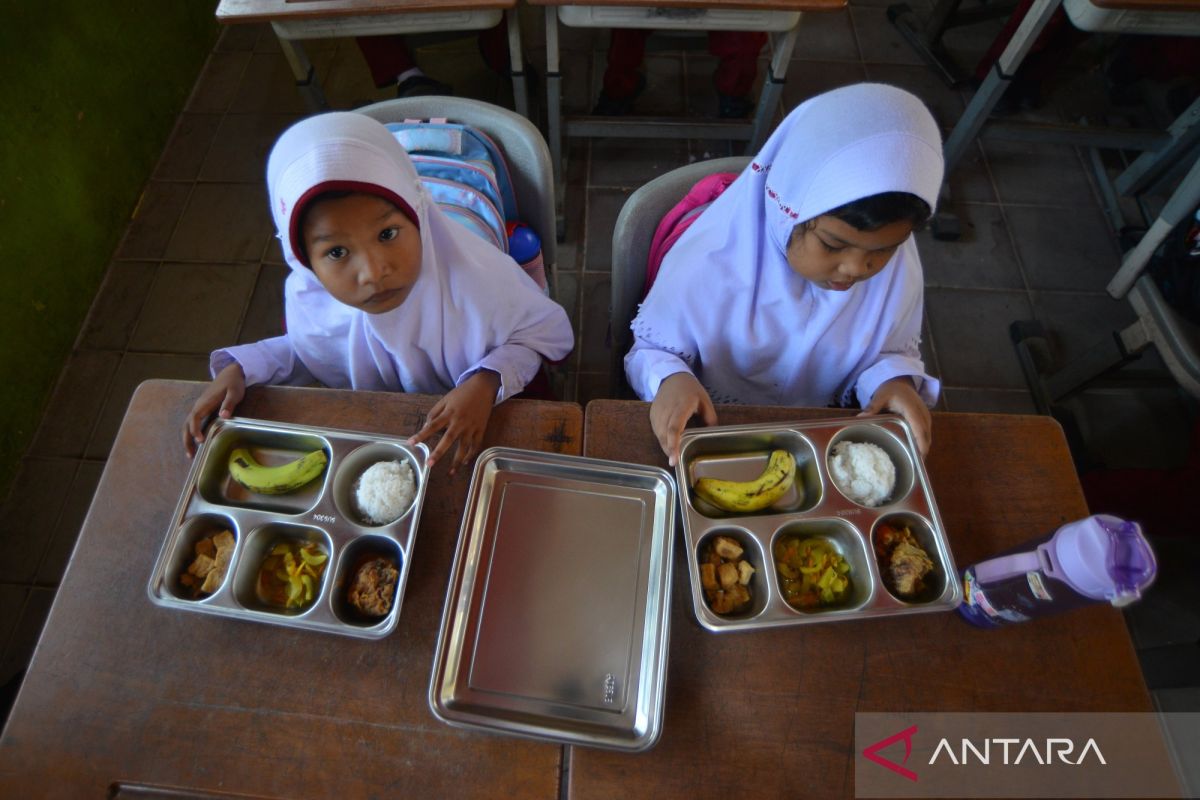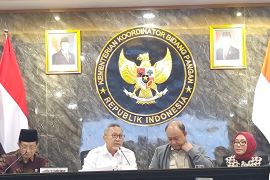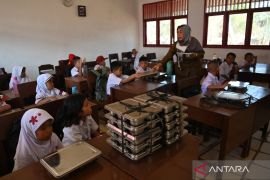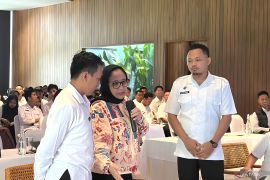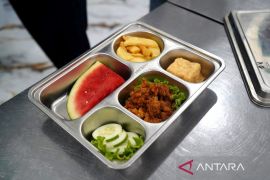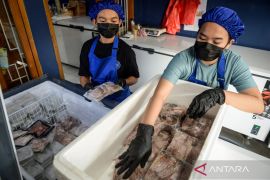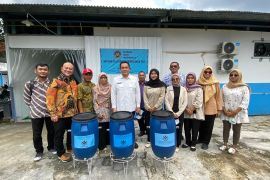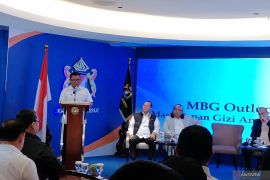"The MBG program has its strengths and weaknesses when carried out in schools. Perhaps we can use a hybrid method," said Hetifah Sjaifudian, chair of Commission X at the House of Representatives (DPR), on Monday.
She explained that the hybrid scheme would combine the current centralized kitchens — known as Nutrition Fulfillment Service Units (SPPGs) — in densely populated areas with school-based systems in remote regions.
"Many schools already have kitchens and relevant experience. This could be implemented through a school-based approach involving canteens, parents, and the local community," Hetifah said.
She emphasized the need to strictly enforce standard operating procedures (SOPs).
"We must adhere to the SOPs, and facilities such as kitchens and canteens must also meet the requirements," she added.
However, Hetifah cautioned that school-based MBG programs cannot be applied uniformly nationwide.
"So, do not assume that simply distributing free meals directly to schools will automatically be better," she said.
Coordinating Minister for Food Affairs Zulkifli Hasan earlier announced that the government is reviewing all MBG kitchens to assess compliance with SOPs, food quality, and cooking skills, following food poisoning incidents in several regions.
Related news: Prabowo calls for food safety testing at MBG kitchens
Related news: Prabowo issues instructions on free nutritious meals program to BGN
Translator: Sean Filo Muhamad, Asri Mayang Sari
Editor: Anton Santoso
Copyright © ANTARA 2025
